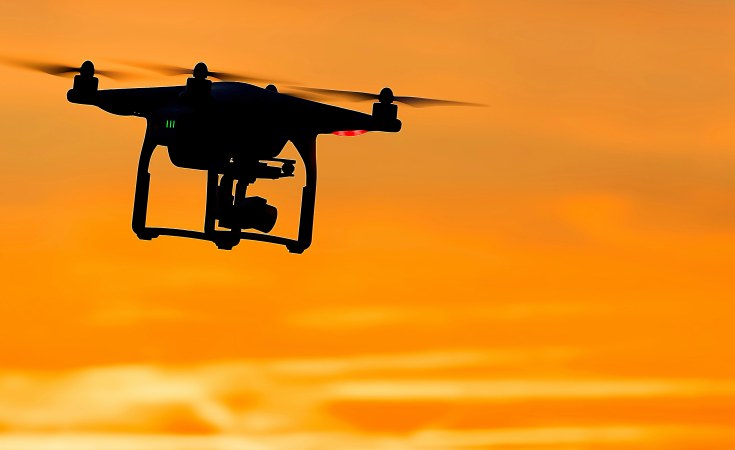Al-Shabaab is acquiring UAV drones
The deployment of improvised explosive drones by extremist organizations is posing fresh concerns to the countries in the Horn of Africa. Somalia, Ethiopia, and Kenya face a growing threat, according to representatives of the Intergovernmental Authority on Development (IGAD).
Al-Shabaab and other militant organizations are already working on the ability to equip common drones with explosives and dispatch them to attack specified locations. The modified drones then detonate on the target, based on an assessment by IGAD.
IGAD began training its member nations on how to stop the threat from emerging. The Organization conducted trainings on the security risks posed by unmanned aerial vehicles (UAVs) (drones) and other cutting-edge technology for the first time in Bishoftu, Ethiopia, from December 5-10, 2022.
"There is an emerging threat from extremist and evidence proving that militant groups like Al-Shabaab is modifying normal drones into attack drones," Abebe Muluneh (Com.), director at IGAD Security Sector Program (IGAD SSP) and IGAD head of mission to Ethiopia, told The Reporter. "This mechanism was largely used by al-Qaida and ISIS. They direct the drones equipped with explosive devices at their targets. So, we believe Al-Shabaab received such tactics, and IGAD has concluded that explosive drones are emerging threats in the Horn of Africa."
Over the past 10 years, the utilization of UAVs has skyrocketed for a wide variety of purposes.
An IGAD statement issued after the trainings in Bishoftu noted that the recent commercial availability of a new generation of small UAVs has highlighted the growing threat posed by these devices in areas prone to terrorist attacks, unauthorized surveillance, and drug smuggling, among other forms of transnational organized crime (TOC).
The categories of UAV incursions were discussed in relation to the operators' sophistication and their intent to pose security hazards during the period of the sensitization training.
"Their use has significantly increased to include cartography and mapping, inspection of remote power lines and pipelines, delivery services, telecommunications relay, police surveillance, traffic monitoring, border patrol and reconnaissance, and emergency and disaster monitoring," Abebe said. "The population of drones is increasing, for purposes of video production and other purposes."
The commander referred to the most recent UN Security Council report on the transnational activities of al-Shabaab, which revealed that the group deployed UAVs for attacks, intelligence gathering, and propaganda production.
The drones are also used by Al-Shabaab to document its own assaults.
In October 2022, the UN Security Council Counter-Terrorism Committee unanimously adopted the Delhi Declaration on Countering the Use of Emerging Technologies for Terrorist Purposes.
The declaration strongly condemns the continued flow of weapons, military equipment, UAVs and their components, and improvised explosive device (IED) components to and between ISIL/Da'esh, Al Qaeda, their affiliates and associated individuals, groups, undertakings, and entities, and other terrorist groups and illegal armed groups and criminals, and encourages Member States to prevent and disrupt procurement networks for such weapons, systems, and UAVs.
About 42 senior officials and experts from IGAD member states attended the IGAD training in Bishoftu, including senior border security officials, port (maritime and land border) authorities, aviation officers, intelligence officers, police, and representatives from defense and counterterrorism units.
Tigist Hamid, deputy director general for Ethiopia's Information Network Security Agency (INSA), was one of the officials. She says the aerospace team at INSA is working on the regulation of drones and averting such threats. IGAD's training at Bishoftu ended with a visit to the team's headquarters at INSA.


